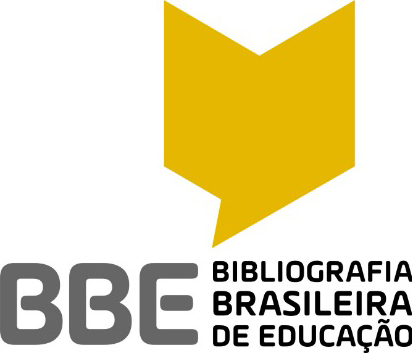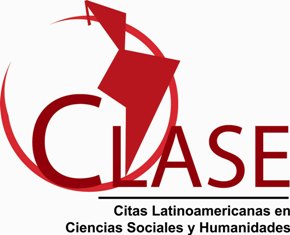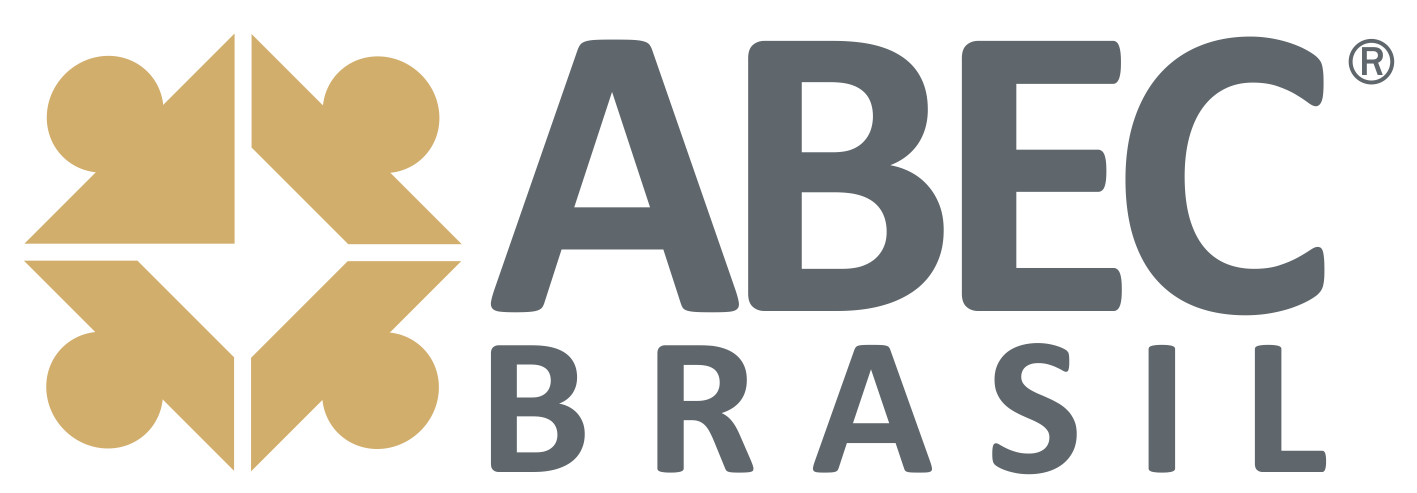POR UMA EDUCAÇÃO PROFISSIONAL SOCIALMENTE NECESSÁRIA: PODE A EDUCAÇÃO TÉCNICA A DISTÂNCIA SER HUMANIZADORA E DEMOCRÁTICA?
DOI:
https://doi.org/10.22169/revint.v10i20.840Resumo
RESUMO
Este artigo faz parte de uma pesquisa financiada pelo CNPq com o objetivo de discutir os limites/obstáculos pedagógicos que dificultam/impedem a efetivação da EAD enquanto prática pedagógica humanizadora e democrática a partir dos princípios da pedagogia histórica crítica. Para tanto realizou-se uma pesquisa bibliográfica e um mapeamento da oferta de Cursos Técnicos na modalidade a distância pelos Institutos Federais em todo o Brasil. A forma como a oferta de cursos técnicos em EAD se apresenta hoje, está muito mais próxima da perspectiva de impedimento, porém insistimos em apresentar uma perspectiva de possibilidades de superação dos limites por entendermos e acreditarmos que essa oferta pode ser um instrumento revolucionário. Se a EAD não é revolucionária de per si, assim como toda e qualquer ação educativa ela pode vir a ser. Para tanto, apresentamos os limites desse cenário e a partir da perspectiva do politecnismo as possibilidades para uma formação profissional socialmente necessária.
Palavras chave: Educação Profissional. Educação a Distância. Formação Humana. Políticas Públicas.
ABSTRACT
The aim of this paper is to discuss the educational limits / obstacles that hinder / prevent the execution of Distance Learning as being a pedagogical practice that is humane and democratic from the historical critical pedagogy principles. Therefore we carried out a literature research and mapping on Distance Learning Technical Courses offered by the Federal Institutes in Brazil. The way on how Distance Learning Technical Courses is offered today, it is much closer to the perspective of deterrent, but we insist on presenting it on a perspective of overcoming the limits of possibilities because we believe that this offer can be a revolutionary instrument. If the Distance Learning is not revolutionary in itself, as well as any and all educational activity, it can become one. So we present the limits of this scenario, and from the perspective of polithecnicism, the possibilities for a socially necessary professional education.
Key-words: Professional Education. Distance Learning. Humane Education. Public Policies.
RESUMEN
El objetivo de este texto es discutir los límites/obstáculos pedagógicos que dificultam/impidem la realización de la EAD como práctica pedagógica humanizadora y democrática desde de los principios de la pedagogía histórica crítica. Para esto fue realizado una investigación bibliográfica y un mapeo de la oferta de Cursos Técnicos em la modalidad de educación a distancia de los Institutos Federales em todo Brasil. La forma como hoy existe la oferta de cursos técnicos em EAD está mas próxima de la perspectiva de impedimento, sin embargo insistimos em presentar una perspectiva de posibilidades de superación de los límites por creer que esa oferta puede ser un instrumento revolucionário. Si la EAD no es revolucionaria por si misma, así como toda y cualquier acción educativa ella puede venir ha serlo. Así presentamos los límites de esse escenario y desde la perspectiva del politecnisismo las posibilidades para una formación profesional socialmente necesaria.
Palabras-clave: Educación Profesional. Educación a Distancia. Formacion Humana. Políticas Públicas.
DOI: http://dx.doi.org/10.22169/revint.v10i20.840
Downloads
Downloads
Publicado
Como Citar
Edição
Seção
Licença
Os direitos autorais dos artigos publicados na Revista são de acordo com a licença CC-BY-ND - Creative Commons ( https://creativecommons.org/licenses/by-nd/4.0/legalcode)
Esta licença permite que outras pessoas reutilizem o trabalho para qualquer finalidade, inclusive comercialmente; no entanto, não pode ser compartilhado com outras pessoas de forma adaptada e o crédito deve ser fornecido ao autor.
Os direitos autorais dos artigos publicados na Revista são do autor, com os direitos de primeira publicação para a Revista




























